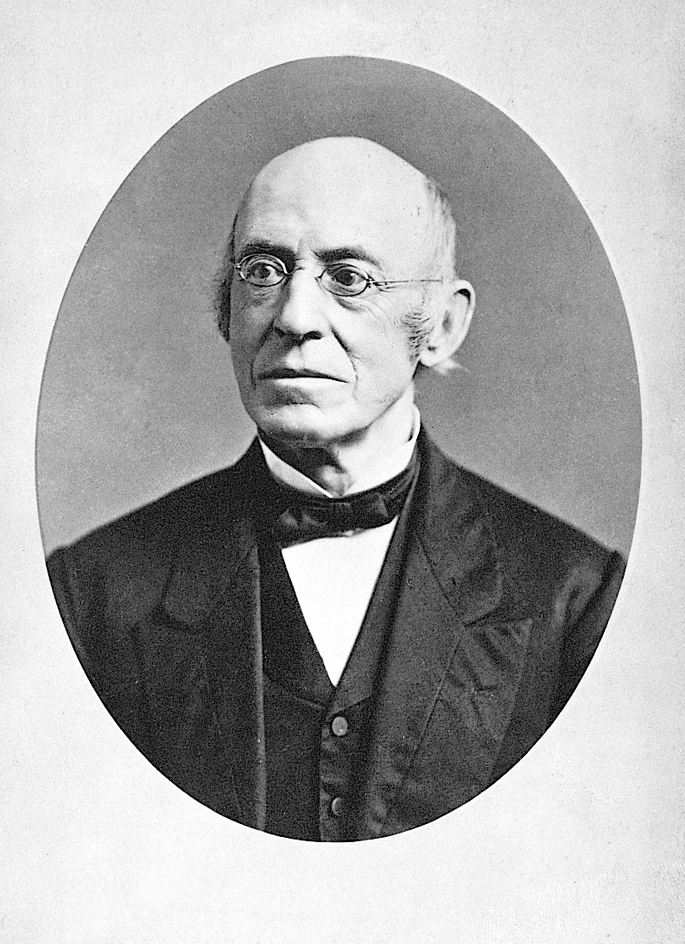Garrison, William Lloyd (1805-1879), was an American journalist and reformer who became famous in the 1830’s for his denunciations of slavery. Before his time, abolitionists had made moderate appeals to slaveholders and legislators in behalf of slaves, and hoped that slavery would gradually disappear. Garrison said slavery ought to be ended “immediately,” and criticized all who did not entirely agree with him.

Garrison was born on Dec. 10 or 12, 1805, in Newburyport, Massachusetts. A poor boy, he was apprenticed to a printer at 13. By 1827, Garrison was a veteran journalist. He edited the National Philanthropist, the world’s first temperance paper. In 1828, Garrison met Benjamin Lundy, a Quaker and a pioneer antislavery propagandist and organizer, and became an ardent abolitionist. His attacks on slave dealers in Lundy’s newspaper caused Garrison to be jailed for seven months.
In 1831, Garrison began publishing The Liberator in Boston. This newspaper had a small circulation, but it was influential and at times aroused violent public reaction. Garrison continued to issue it until 1865, when the 13th Amendment to the Constitution ended slavery.
In 1832, Garrison formed the first society for the immediate abolition of slavery. He attracted such associates as Wendell Phillips, and influenced, among others, Theodore Parker and Henry David Thoreau. In 1835, Garrison’s life was endangered by a mob in Boston. His fight to give women equal rights in the American Anti-Slavery Society, formed in 1833, split the abolitionist movement. Garrison believed that the Northern states ought to separate from the South. He refused to vote and opposed the United States government because it permitted slavery. He eventually approved of Abraham Lincoln and supported his administration during the American Civil War (1861-1865). Garrison died in New York City on May 24, 1879. See also Abolition movement .
